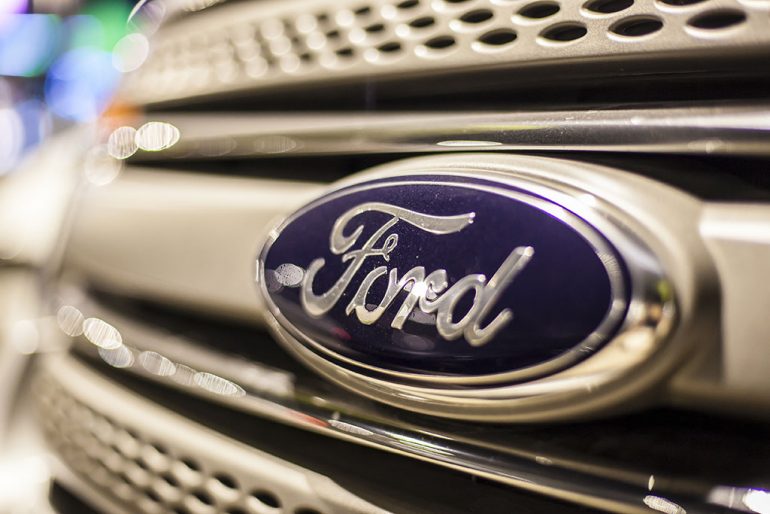
Ford Motor is adjusting its plans for an electric-vehicle (EV) battery plant in Michigan, opting to scale back investment, capacity, and job numbers amid concerns from U.S. lawmakers regarding the involvement of Chinese battery maker CATL. The automaker announced on Tuesday that it would resume construction of the facility near Marshall, Michigan, after a two-month pause.
Initially intending to invest $3.5 billion in the Blue Oval Battery Park Michigan, Ford has decided to reduce the plant’s capacity to 20 gigawatt hours and trim employment projections to 1,700 jobs. The original plan aimed to produce 35 gigawatt hours of batteries annually and employ about 2,500 people. Ford intends to produce low-cost lithium-iron batteries based on technology licensed from CATL, with production set to commence by 2026.
Also, don’t forget that you can get discounted new car pricing with a free quote through qualified local dealer partners.
One point of contention is Ford’s collaboration with CATL, drawing criticism from U.S. lawmakers who oppose EV subsidies benefiting a Chinese entity. Representative Mike Gallagher, a Republican and chair of the House committee on China, expressed disappointment, urging Ford to reconsider what he deemed an “unethical deal.” This scrutiny underscores the ongoing debate about the flow of American subsidies to foreign entities, particularly in the context of the electric vehicle market.
Ford is seeking U.S. Treasury Department approval for lithium-iron batteries made at the Michigan factory to qualify for Inflation Reduction Act EV subsidies. Despite concerns, Ford spokesperson Mark Truby expressed confidence in the eligibility of the lithium-iron batteries for IRA benefits. However, the Treasury Department has not provided any comments on the matter.
In line with these adjustments, Ford’s capital investment will also be reduced, with Truby indicating that the exact figure will be proportional to the 40% reduction in capacity. This suggests a revised investment of approximately $2 billion. This decision aligns with Ford’s broader strategy, as the company had previously announced a $12 billion cut in future EV investments compared to initial plans in October. Additionally, Ford had previously delayed the construction of battery factories in Kentucky and Turkey.
Meanwhile, General Motors (GM) is also making adjustments in response to changing market conditions, slowing down investments in new EV capacity for North America due to rising interest rates impacting demand growth. The Detroit Three automakers, including Ford and GM, are grappling with increased labor costs in the U.S. following recently ratified contracts with the United Auto Workers. The market response to Ford’s announcement was reflected in a 1.5% drop in Ford shares, while GM and Stellantis experienced declines of 2.2% and 2.1%, respectively, in New York trading on Tuesday. GM is set to brief investors on its outlook in a call scheduled for November 29.
Source: Reuters